What the Bougainville referendum means for the world
The tiny island nation is expected to vote for independence from Papua New Guinea
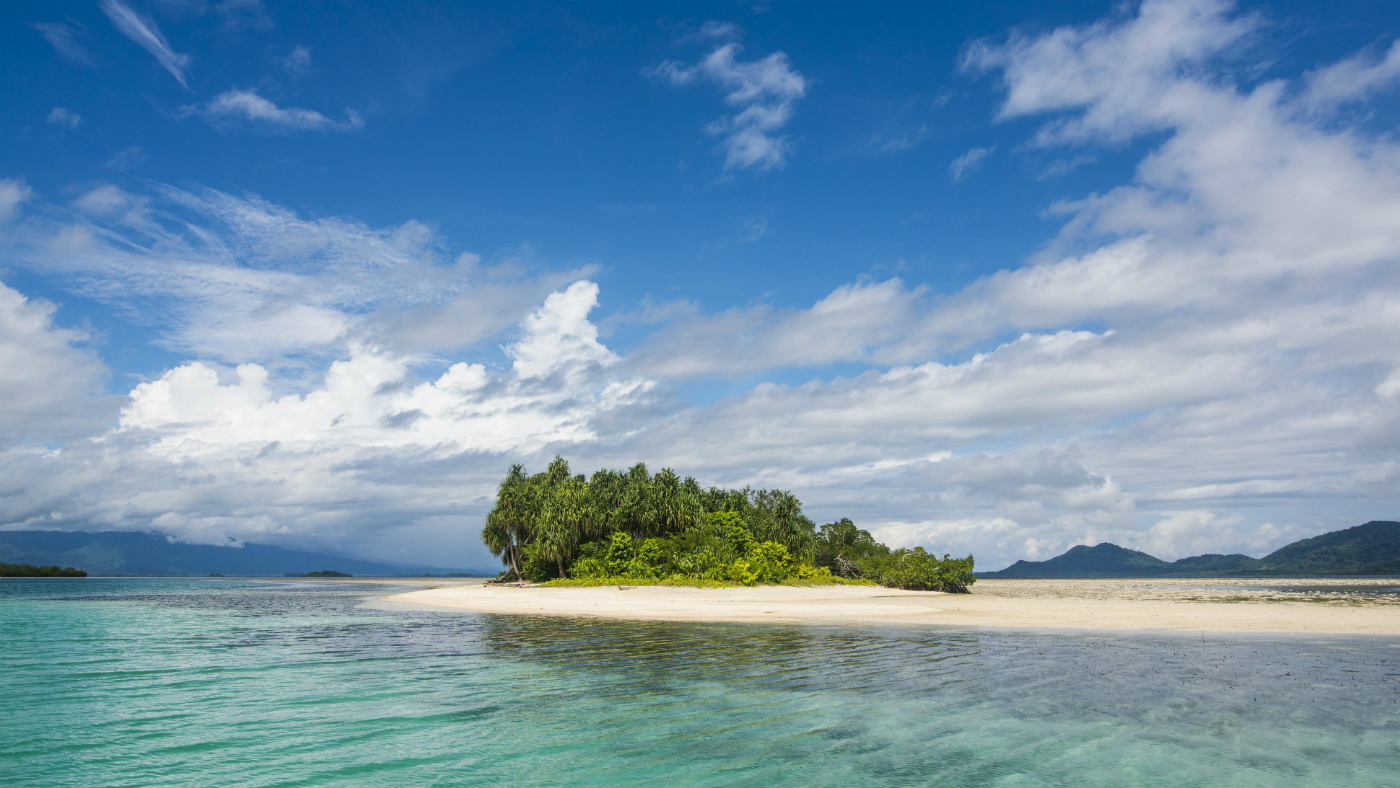
A free daily email with the biggest news stories of the day – and the best features from TheWeek.com
You are now subscribed
Your newsletter sign-up was successful
The South Pacific island chain of Bougainville is gearing up for an independence referendum that could see the region break away from Papua New Guinea (PNG) and become the world’s newest nation.
The vote, which will run from 23 November to 7 December, is the culmination of decades of tension between Bougainville and PNG following a bloody civil war in the 1990s.
The Lowy Institute think-tank predicts that 75% of voters will choose independence, driven by a “long-standing sense of separate ethnic identity” and the “perceived failure of the current model of autonomy”, as well as “residual animosity from the war years”.
The Week
Escape your echo chamber. Get the facts behind the news, plus analysis from multiple perspectives.

Sign up for The Week's Free Newsletters
From our morning news briefing to a weekly Good News Newsletter, get the best of The Week delivered directly to your inbox.
From our morning news briefing to a weekly Good News Newsletter, get the best of The Week delivered directly to your inbox.
But having failed to rebuild a self-sustaining economy after the conflict - and with China looking to expand its influence in the Pacific - is the future really bright for Bougainville?
Background
Bougainville is a small group of islands with a total population of around 250,000 that has been part of PNG since gaining independence from Australia in 1975.
The region became what Reuters describes as the “economic powerhouse” of PNG in the years following independence, owing to its abundance of gold and copper. But a dispute over mining rights eventually led to the outbreak in 1988 of a war between Papuan security forces and the separatist Bougainville Revolutionary Army (BRA) that raged on for almost a decade.
A free daily email with the biggest news stories of the day – and the best features from TheWeek.com
A peace agreement signed in 2001 saw Bougainville given greater freedoms, and also contained a provision guaranteeing the region the right to hold a referendum on independence by 2020, with the vote eventually scheduled for 2019.
What’s happening now?
The people of Bougainville will be asked whether they want greater autonomy or full independence - and the majority of the 200,000 people registered to vote are expected to opt for the latter.
To come into effect, the vote outcome has to be ratified by PNG’s parliament, and is expected to be subject to a negotiation process that could take months or even years.
According to the Radio New Zealand site, independence would give Bougainville new powers on issues including industrial relations, foreign aid and investment, international trade and civil aviation, as well as control over “migratory and straddling” fish stocks.
–––––––––––––––––––––––––––––––For a round-up of the most important stories from around the world - and a concise, refreshing and balanced take on the week’s news agenda - try The Week magazine. Start your trial subscription today –––––––––––––––––––––––––––––––
What does it all mean for PNG?
With Bougainville expected to vote to secede, commentators are warning that PNG needs to tread carefully. Denying the islands their independence could pose a “major security challenge” and the potential for a return to regional instability, The Guardian reports.
The Lowy Institute says that PNG is “ill prepared for military action in Bougainville” should violence break out.
Bougainville expert Thiago Cintra Oppermann warns that PNG made a huge tactical mistake in agreeing to the referendum in the first place.
“PNG government has approached the issue of Bougainvillean independence as if it were to only affect Bougainville,” he writes in an article on the East Asia Forum. But granting that independence would be likely to lead to the “destabilisation of the entire nation state”, as other provinces also push to go it alone.
Independence could have negative repercussions for Bougainville, too. The region is economically dependent on PNG and may struggle to establish all the necessary resources to become an economically viable, self-sustaining nation.
“The larger question is whether Bougainville itself is ready for independence,” says the Lowy Institute. “The short answer is no, but most Bougainvilleans see no alternative to independence, despite the obstacles.”
What about the repercussions further afield?
Along with PNG, three other countries are keeping an especially close eye on the outcome of the vote: China, Australia and Indonesia.
Until recently, Australia was the primary outside investor in developing Pacific Island nations, but has been usurped on a number of fronts by China, which is ploughing money into multiple economies worldwide.
Both nations would be likely to offer financial assistance to a newly independent Bougainville - China in order to increase its reach and Australia to “preserve its role as trusted partner to both Bougainville and PNG”, the Lowy Institute says.
Meanwhile, Indonesia is likely to be concerned by the referendum owing to a violent separatist insurgency in West Papua, which borders PNG.
West Papua has been embroiled in a long-running struggle for independence from Indonesia, and the precedent set by an independent Bougainville could fuel that push for more autonomy.
-
 How the FCC’s ‘equal time’ rule works
How the FCC’s ‘equal time’ rule worksIn the Spotlight The law is at the heart of the Colbert-CBS conflict
-
 What is the endgame in the DHS shutdown?
What is the endgame in the DHS shutdown?Today’s Big Question Democrats want to rein in ICE’s immigration crackdown
-
 ‘Poor time management isn’t just an inconvenience’
‘Poor time management isn’t just an inconvenience’Instant Opinion Opinion, comment and editorials of the day
-
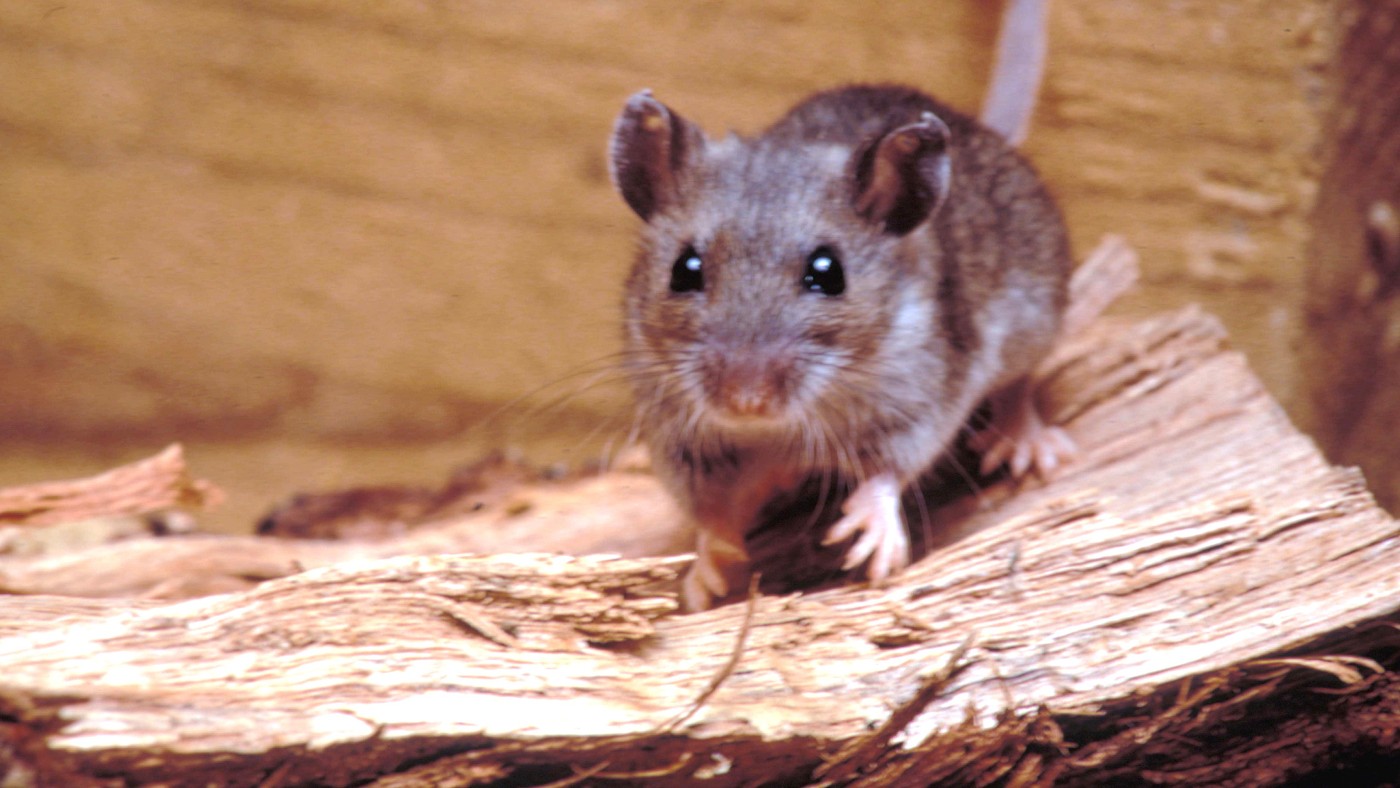 Mouse keeps tidying up man's shed
Mouse keeps tidying up man's shedTall Tales And other stories from the stranger side of life
-
 'Dead' woman nearly suffocated in morgue bag
'Dead' woman nearly suffocated in morgue bagTall Tales And other stories from the stranger side of life
-
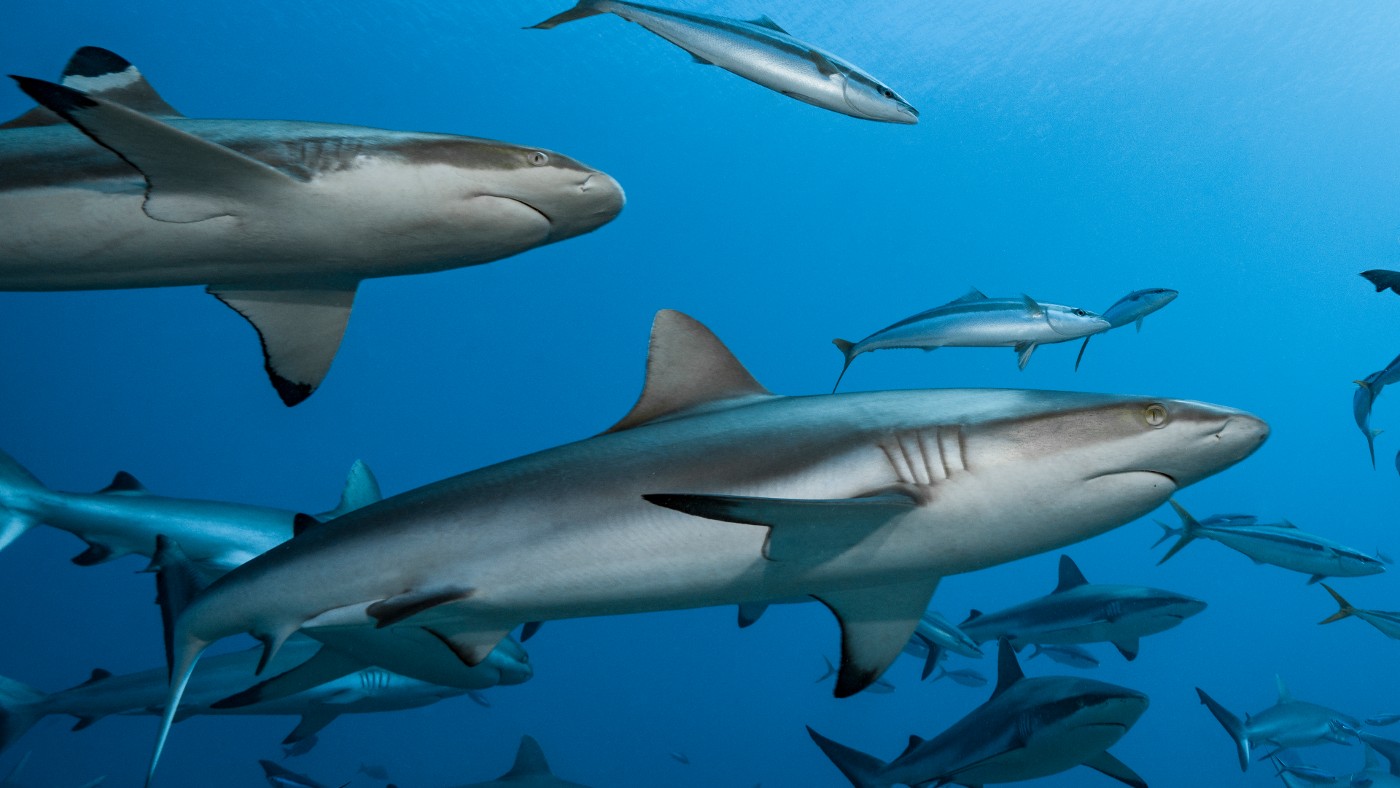 Joker causes shark panic in Torquay
Joker causes shark panic in Torquayfeature And other stories from the stranger side of life
-
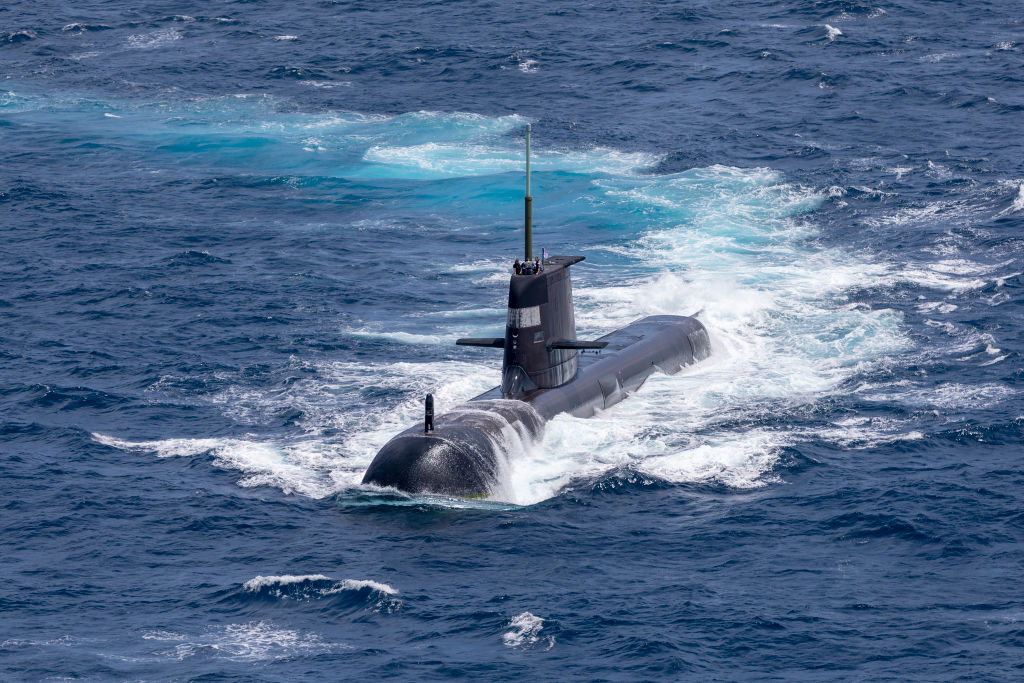 Australia to purchase up to 5 submarines from U.S. as part of defense pact, report says
Australia to purchase up to 5 submarines from U.S. as part of defense pact, report saysSpeed Read
-
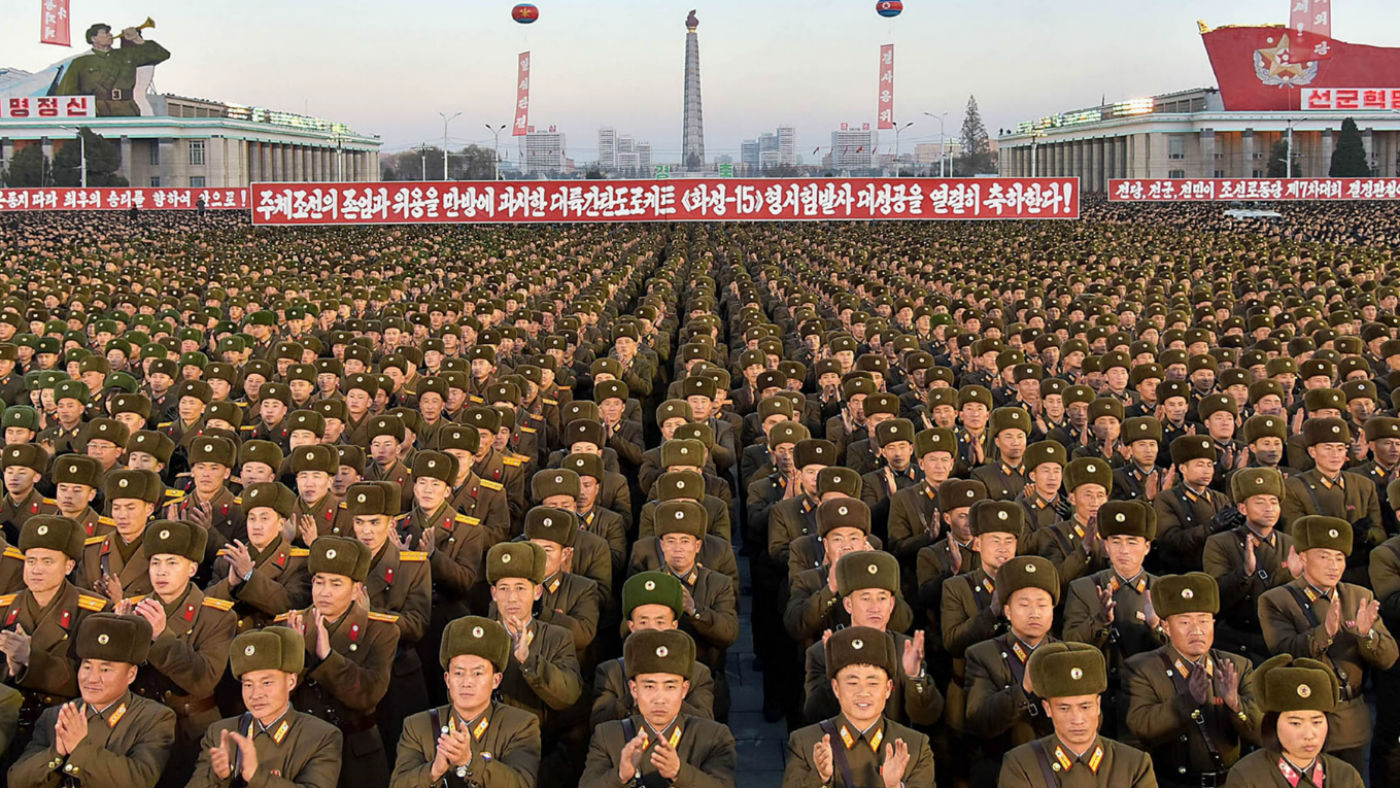 The Week Unwrapped: Korean succession, terror by algorithm and German disquiet
The Week Unwrapped: Korean succession, terror by algorithm and German disquietpodcast Could a 10-year-old girl rule North Korea? Will an Isis victim upend web law? And why is Germany upset with its Oscars contender?
-
 The Week Unwrapped: Chinese chips, the Pope in Africa and podcasting
The Week Unwrapped: Chinese chips, the Pope in Africa and podcastingpodcast Is China losing the microchip war? What is the Vatican doing in South Sudan? And has the podcast tide turned?
-
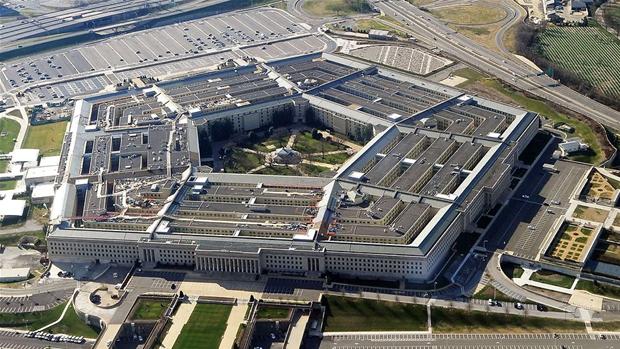 China urges calm as US tracks suspected Chinese surveillance balloon
China urges calm as US tracks suspected Chinese surveillance balloonSpeed Read High-altitude spy balloon seen over US nuclear missile facility in Montana
-
 The Week Unwrapped: Sex and health, the Earth’s core and another new year
The Week Unwrapped: Sex and health, the Earth’s core and another new yearpodcast Is the NHS failing British women? What’s going on at the centre of our planet? And what’s in a date?